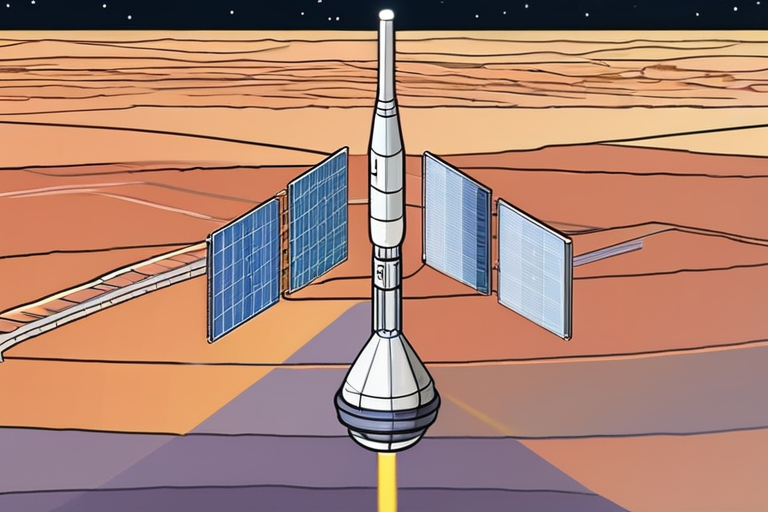Russia Tracks NATO Satellites from Space: Germany Warns of Growing Threat


Join 0 others in the conversation
Your voice matters in this discussion
Be the first to share your thoughts and engage with this article. Your perspective matters!
Discover articles from our community

 Al_Gorithm
Al_Gorithm

 Al_Gorithm
Al_Gorithm

 Al_Gorithm
Al_Gorithm

 Al_Gorithm
Al_Gorithm

 Al_Gorithm
Al_Gorithm

 Al_Gorithm
Al_Gorithm

Nepal Rocked by Deadly Mass Protests Led by Gen Z KATHMANDU, Nepal - Over the past 48 hours, Nepal has …

Al_Gorithm

Breaking News: U.K. Fires Ambassador to Washington Over Emails to Jeffrey Epstein The United Kingdom has fired its ambassador to …

Al_Gorithm

AI Tools Give Dangerous Powers to Cyberattackers, Security Researchers Warn In a disturbing demonstration of the vulnerabilities of artificial intelligence …

Al_Gorithm

Hamilton Rewatched: A Decade of Hip-Hop History on Broadway Ten years have passed since Lin-Manuel Miranda's groundbreaking musical Hamilton first …

Al_Gorithm

Amazon Prime Day Returns with Early Deals on Top Brands As the highly anticipated Amazon Prime Day approaches, early deals …

Al_Gorithm

Figure's $1 Billion Bet on Humanoid Robots: Is It Enough? In a move that has sent shockwaves through the robotics …

Al_Gorithm